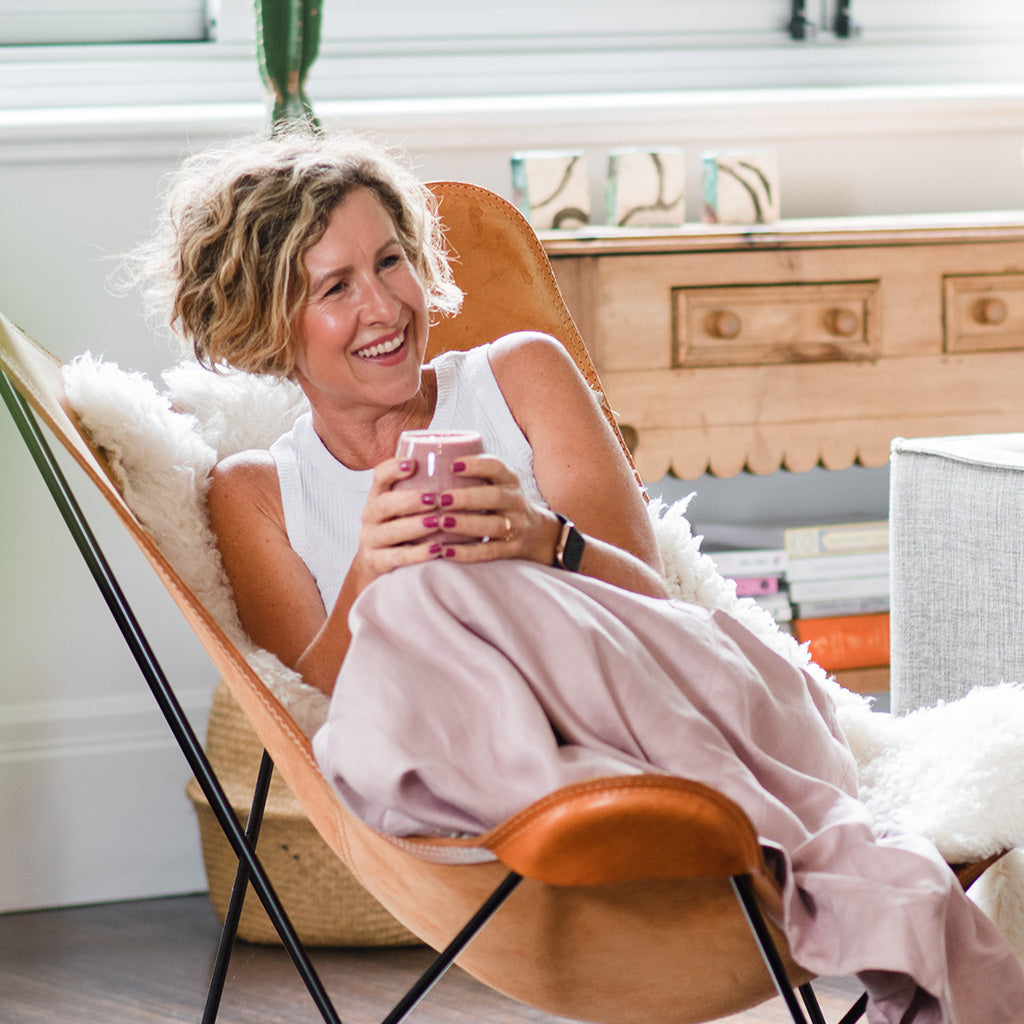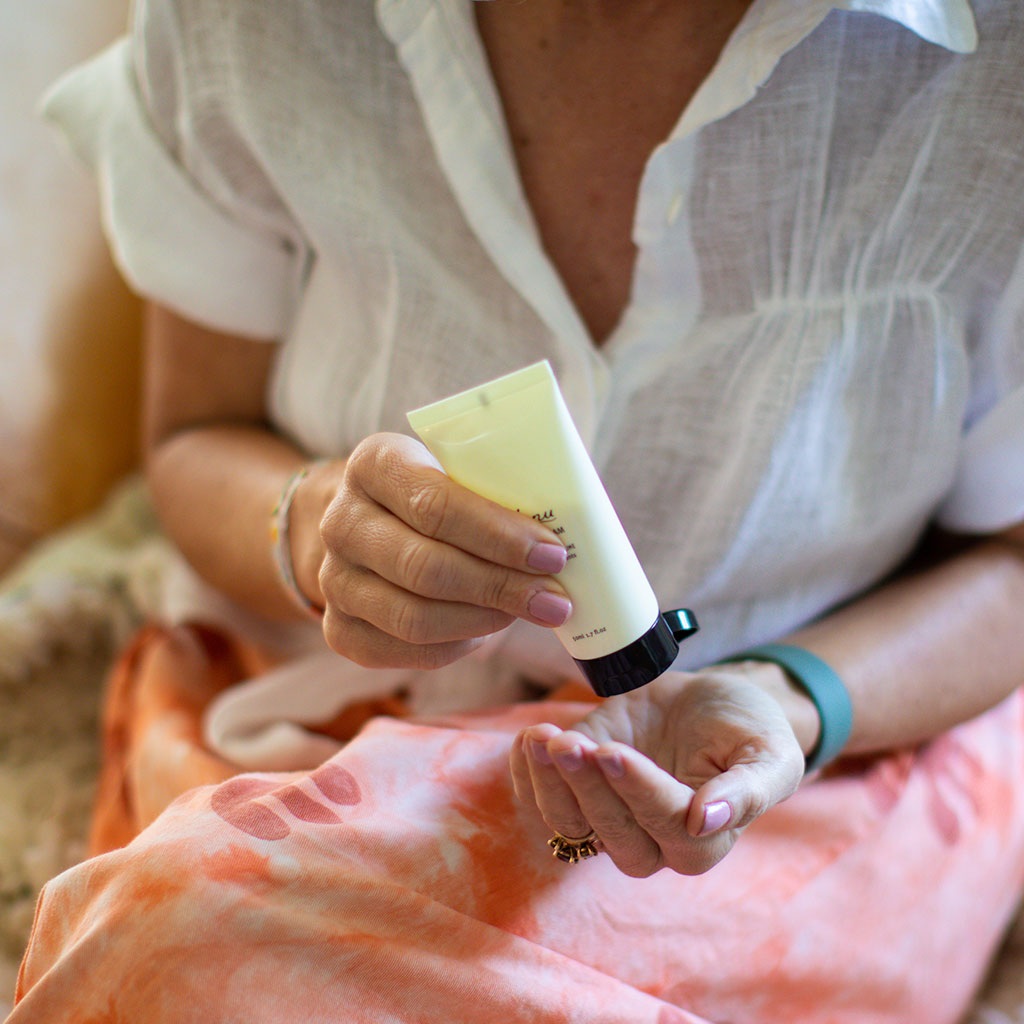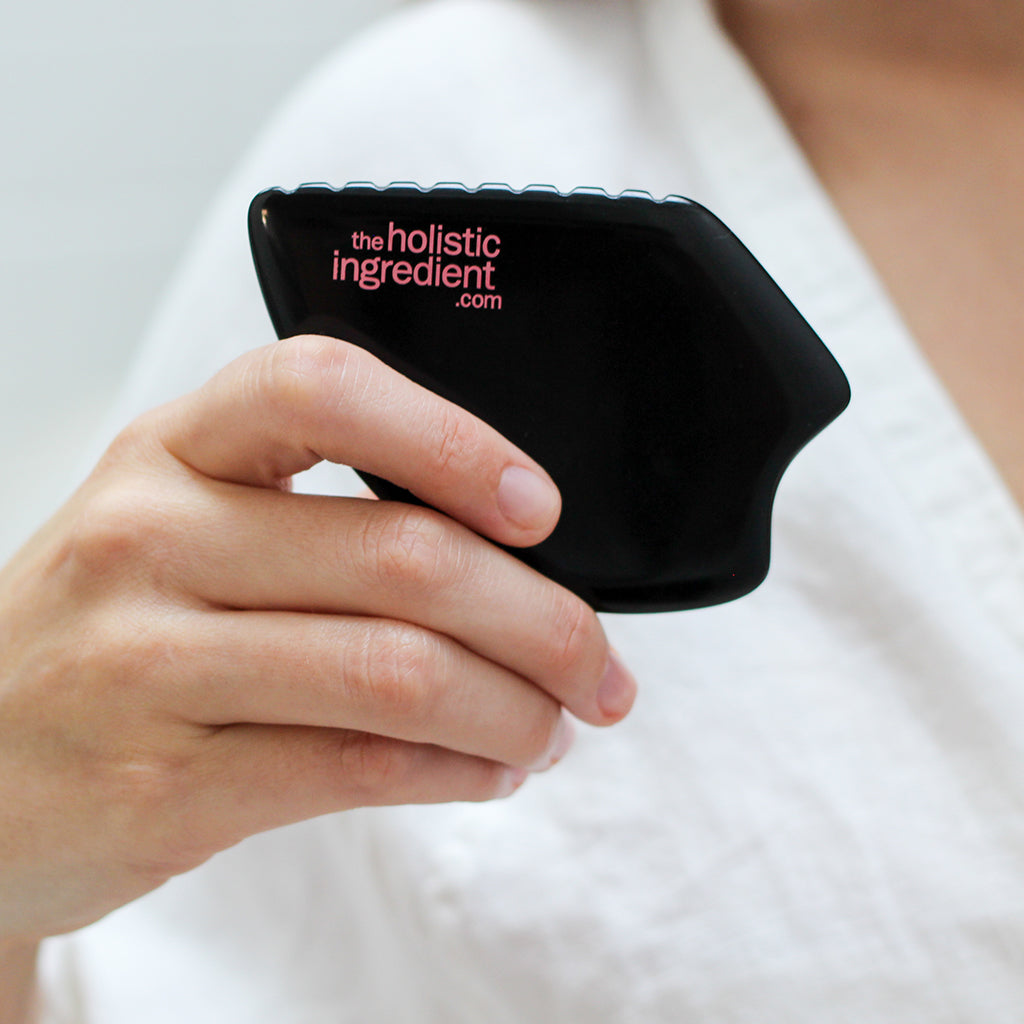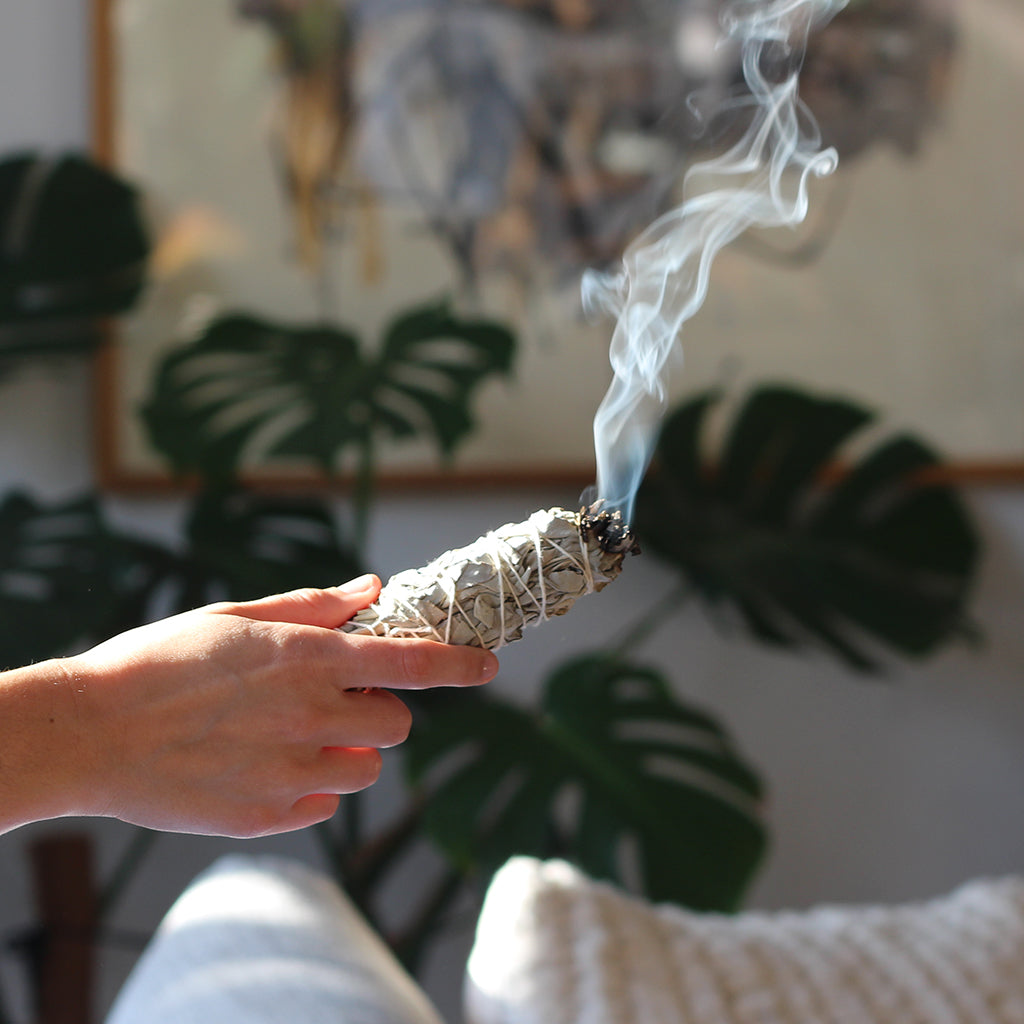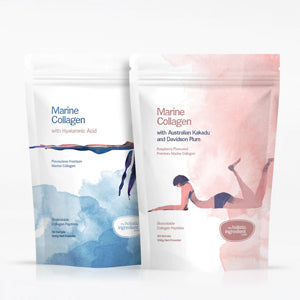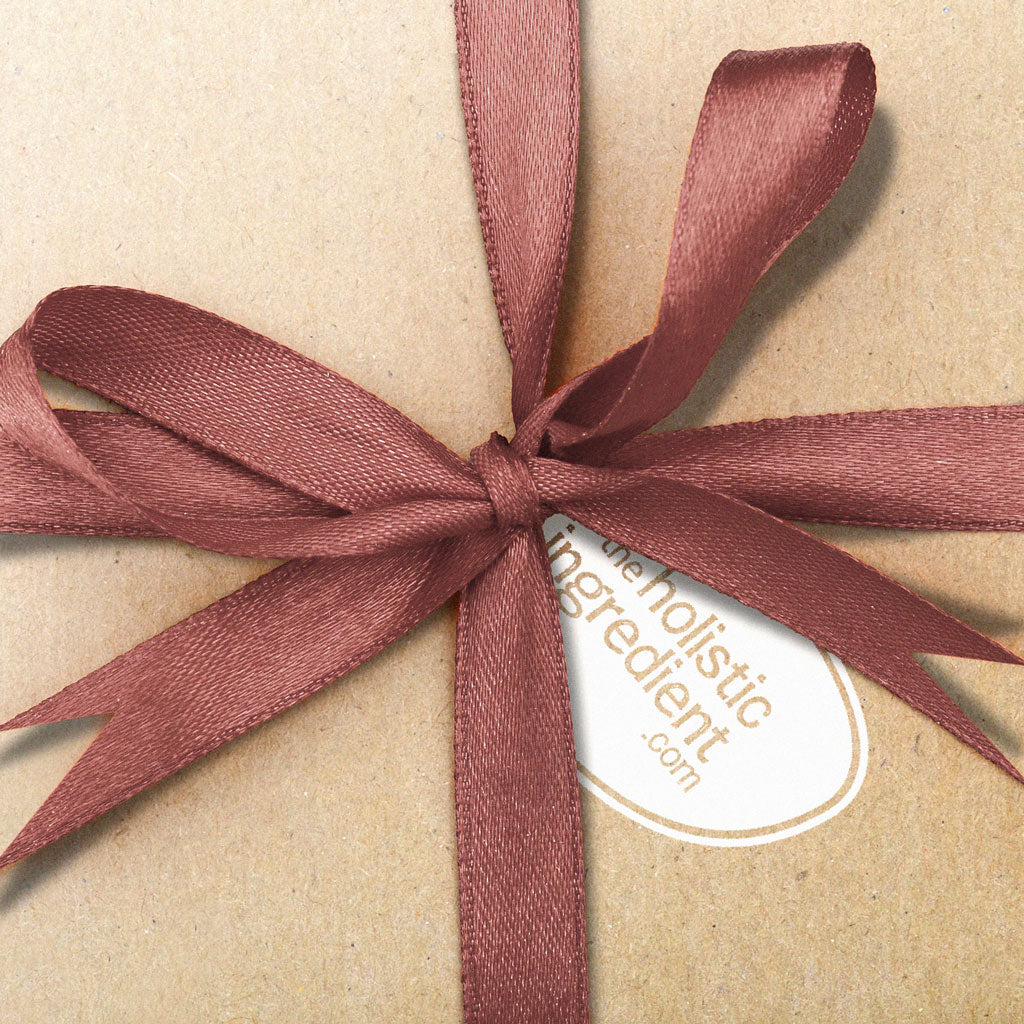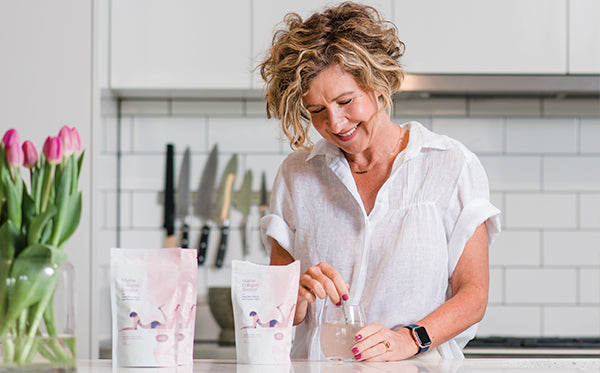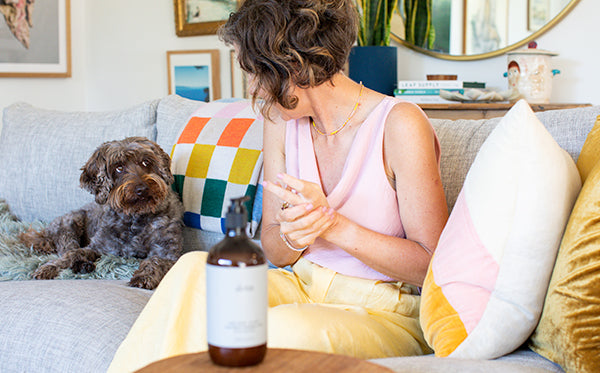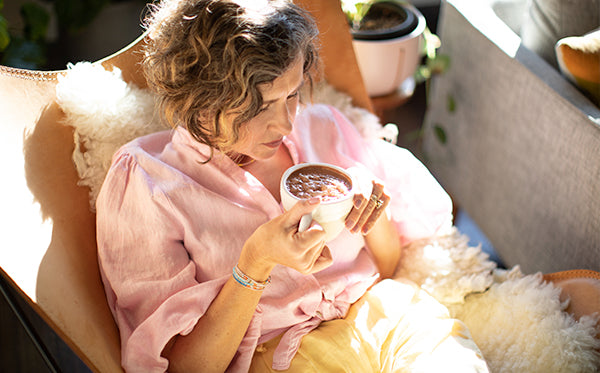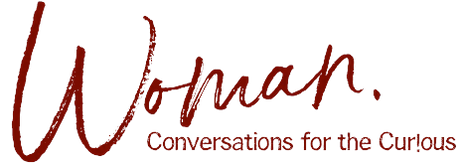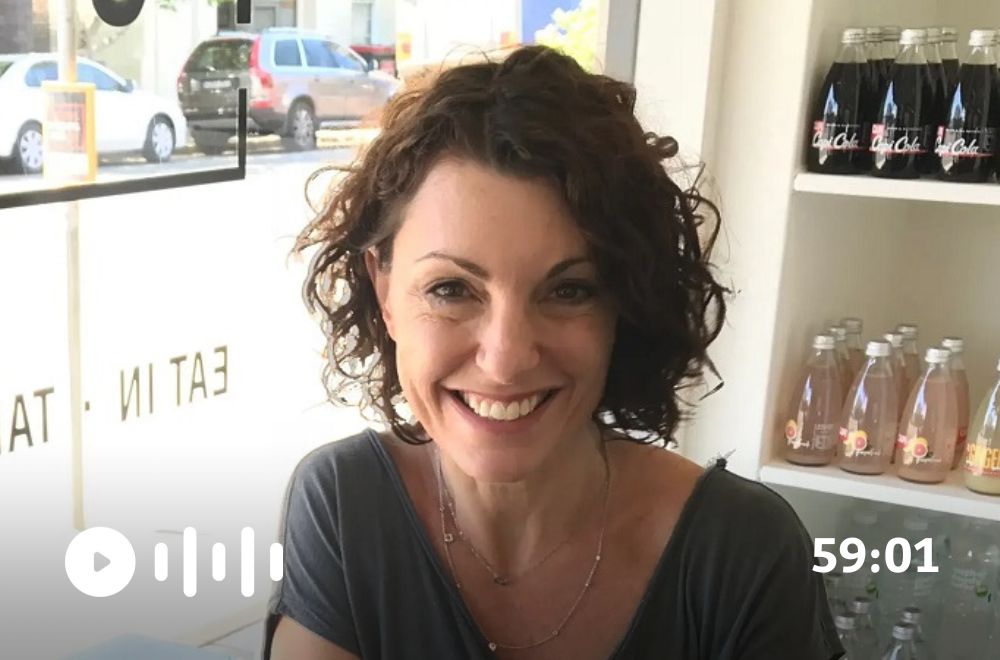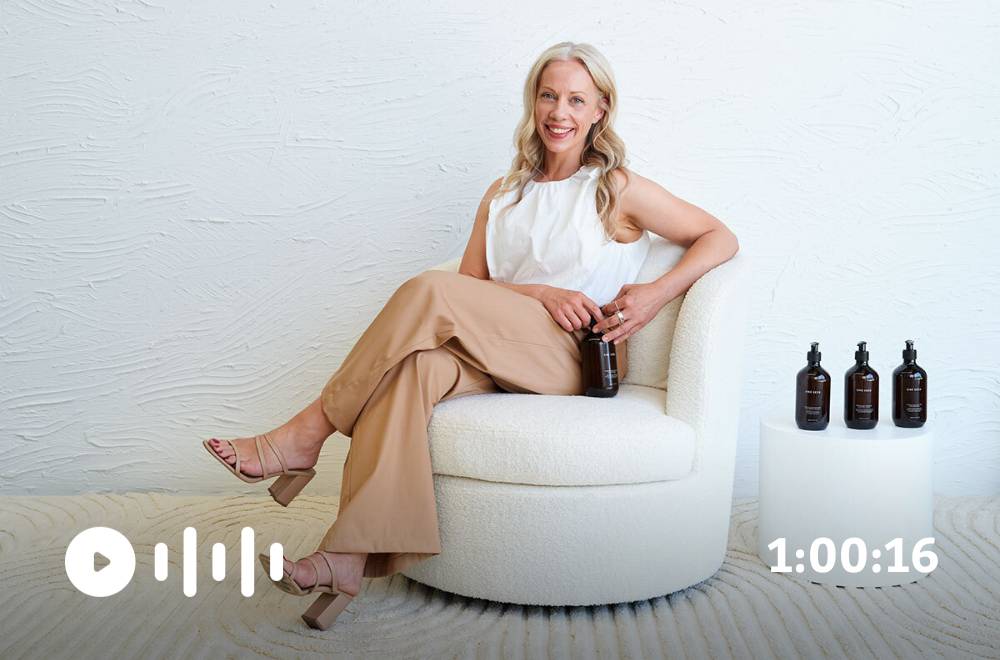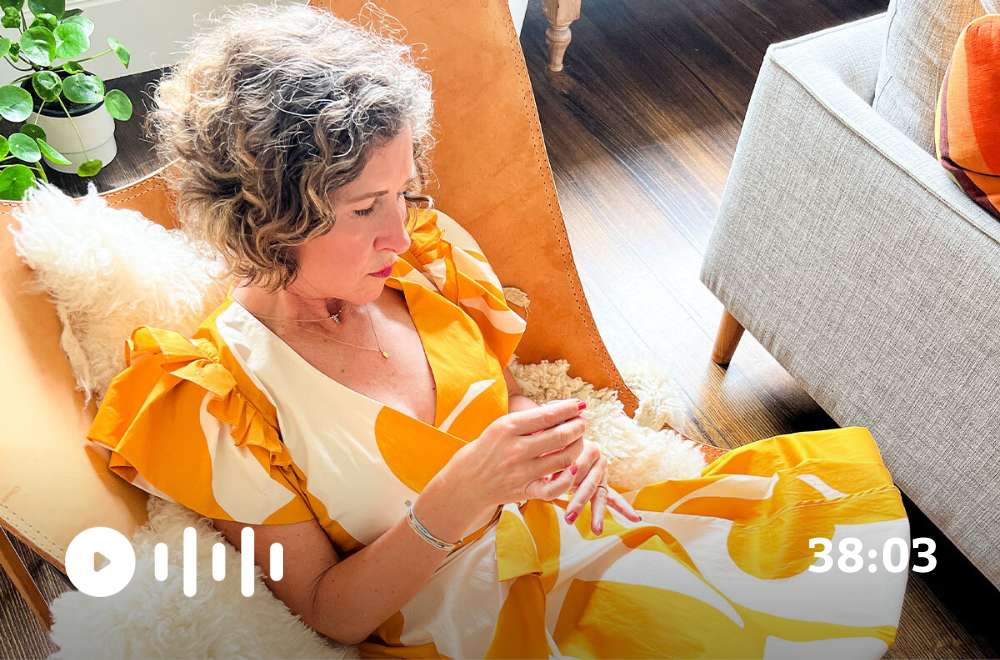
Dr Amanda Waaldyk is the founder and director of Angea Women’s Health Clinic, an integrative Chinese Medicine practice in Melbourne. She’s a registered doctor of Chinese Medicine, a yoga and meditation teacher, an acupuncturist AND an energy healer. As well as a mum to two kids! In light of all Amanda does, I’m so grateful she took the time to chat with me today.
Listen to the full episode on Apple Podcasts, Spotify, Google Podcast and more.
Broadcast: July 23, 2021
Duration: 28:45
Here is a snippit of our conversation…
Women’s rites of passage…
Amy: I wonder if you would like to start by sharing a little bit about the focus of your work?
Amanda: Okay. So basically just supporting women on their health journey. Really focusing around fertility, pregnancy, labour and beyond. And of course now myself heading into my menopausal years, a bit of a focus now on the next stage in our life, but really just supporting women through all their transitions, their rites of passage.
Amy: So it sounds like you are the right person to be talking to about perimenopause then, based on your experience with women and fertility and all these things!
Amanda: Yes, that is true. I've just started researching more into it myself because I'll be 44 this year and I've already started to notice significant changes. So just extra weight gain, quite a lot of mood changes as well leading up to my period, PMS which I haven't suffered for years, and also to leading up to my period getting quite hot at night. We start to go through these significant changes and peri-menopause (peri means around) so perimenopause can mean that we're going through menopausal symptoms for five to 10 years, leading up to menopause and menopause essentially just means the cessation of our period. The medical definition is not having a period for one entire year and we can see specific hormone levels change. So we have ovarian insufficiency, which means that we start to ovulate less and that means that we can have longer times between our periods. So you might have a period one month and then not have another period for another three months and that may extend to six. And then also too, we start to see a change in our oestrogen levels, particularly in those like 40 to 50 - it fluctuates a lot. So you can be putting weight on, and experiencing hot flashes if you're starting to dwindle in your oestrogen.
Do we all suffer the same symptoms?
Amy: So there's a burning question… When I grew up and went into adulthood, I held the belief that every single woman suffered menopausal symptoms. That is what I believed to be true, that that was totally normal. Am I right in saying that it isn't actually normal?
Amanda: So I've actually got the statistics here. About 20% of women will have mild symptoms. So that can mean a variation in hot flushes and hot flushes means that your body goes through an increase in temperature and your hypothalamus, the temperature can't regulate properly. So we feel like we get quite hot. And then it was another 20% of women who experience more dramatic symptoms, and that can be even more intense, hot flushes, weight gain, fatigue, noticing those real sort of mood changes as well. And then I think it is the 60 other per cent of women who have quite severe symptoms. So the severe symptoms is when you've got elevated high FSH levels - which is the Follicle Stimulating Hormone - and also weight gain, mood changes, thyroid issues, depression and anxiety. Also, if you look at our menstrual history, that impacts how we go through menopause too. And also the influence of our genes, our genetics, our lifestyle stresses, environment, our pregnancies, our fertility journey and then also puberty. So it's kind of like, we go through these massive life cycles and then when we get to the end of our life cycle, which is almost like a death. In the West here, there's so much stigmatism around menopause that we only really hear these negative stories.
Lifting the lid on perimenopause.
Amy: Having discussed perimenopause with many friends, what I have found really interesting is the lack of knowledge and information. I think a very small number of them knew anything about their mother's experiences with menopause. No one talks about it and why not?
Amanda: I think it's cultural. And I feel like in the wellness space, we live in a wellness bubble. So for us, it's really natural to have those conversations, but we just even have to look at the topic of fertility. It's still taboo to talk about that. And that really just stems back to our menstrual cycle. As young women going through our first period, it’s often still shamed. It's frowned upon. It's still not something that's shared, it's not celebrated. And I think that's really the issue with our culture - we don't celebrate these huge rites of passage in that through each passage we learn an unfolding of ourselves, an unravelling and evolution. And it's like from a young girl into a woman and then a woman into a mother or a woman that then transitioned into her menopausal years - there was a study that came out called The Grandma – it’s about grandmothers in various cultures - once they've been had all their children, the younger tribe would then be able to gain their wisdom from the older women. And I think that's what we really need to come back to - we've got so much to share as women. And we've really lost that thread of storytelling and it's through the ability to share experiences that then we can help our younger generation. I think that's what's really important moving now into our wiser years.
Genetics play their part in menopause.
Amy: So based on what you said though, I spoke to my Mum when I was experiencing some of these symptoms, and I asked her what she recalls having experienced and she said she didn’t remember a thing. So can I ask, does that mean that I might be getting off lightly here!
Amanda: Absolutely, genetically yes. I've definitely seen in clinical experience, if some mothers have had quite an intense menopausal experience, and then it's also too, if you've been through chemo, radiation that also too increases your chances of having a more intense menopausal journey. And it’s also about looking at your lifestyle history and medical history that can then impact how you transition into menopause.
Amy: So just to provide some clarity around this for the listeners who might be feeling quite fearful about what they could be going through at the moment. What benefits are we to experience then?
Amanda: So yes… I might lose the sex drive, I might put on weight, I might get anxious… We do need to re-frame. It's being comfortable in our own skin isn't it? Even when we go through significant changes. And sometimes it's going to be parts of us, aspects of ourselves that we don't like, but it's really going in deeply. Can't I just be comfortable in my skin? Because what am I teaching our younger generation? What am I teaching my daughter if I can't put weight on and be comfortable in that? Will that mean that I'm not actually really loving myself deep down inside? I remember my Mum going through menopause. Mum had chemotherapy, she had breast cancer and it was just the conversation, the dialogue - there was such self-loathing. I remember she got on the scales and she was like ‘My boob weighs nothing, look at all the weight that I've put on’ and she was just so unhappy within herself. And it's like, you've just been through the biggest experience in your life you know, you nearly lost your life and we're still focusing on the small things. So I think we've really got to change the way that we re-frame our language for our younger generations. We need to undo all that negative media that has just shamed us, put us in these categories. Like she's dried up, she's old now. No! We're living our best lives! We get to come into this age in our forties and feel completely like we know ourselves, we know who we are. And I think that's just the most important thing. And I can't wait to be able to share that with all the women in the clinic, and to celebrate. And you know, it's the Autumn season. They describe it as the Autumn season. And then we come into that Winter, which is like the death, the last period, our last cycle and then it starts all over again. You know, our younger generation, they have children, grandchildren, and we get to re-live it all in a different way and share our knowledge and wisdom with our children, our daughters, our family, our community.
So, let’s do the pre-work.
Amy: Do you think that the symptoms have been exasperated over the years as a society? Or is that just a gross generalization on my part?
Amanda: I think it's like… We always just need to be investigating our health and be on top of our health. And if we are tired then, or we're noticing significant changes then to definitely look at your hormonal profile. You can also do your gut microbiome. For me personally right now I was noticing significant changes so I did a poo sample because I've also got endometriosis and adenomyosis. So I'm wanting to be on top of my hormone health but I knew that my gut was playing up, so it came back that I've got a parasite, but it's also too that as women, if we're going through a huge transition, it's almost like preparing for the another big event in your life for this huge rite of passage. So it's important to do the pre-work. It's important to look after your health. And look at our toxic load, to look at all the facts.
Amy: So, would you like to tell people how they can find you?
Amanda: So you can find us at angea.com.au. I’m also just in the process of launching a new business, which is called All Natural Pharmacy, which is a gynaecological health care range to support women through specific gynaecological issues.

